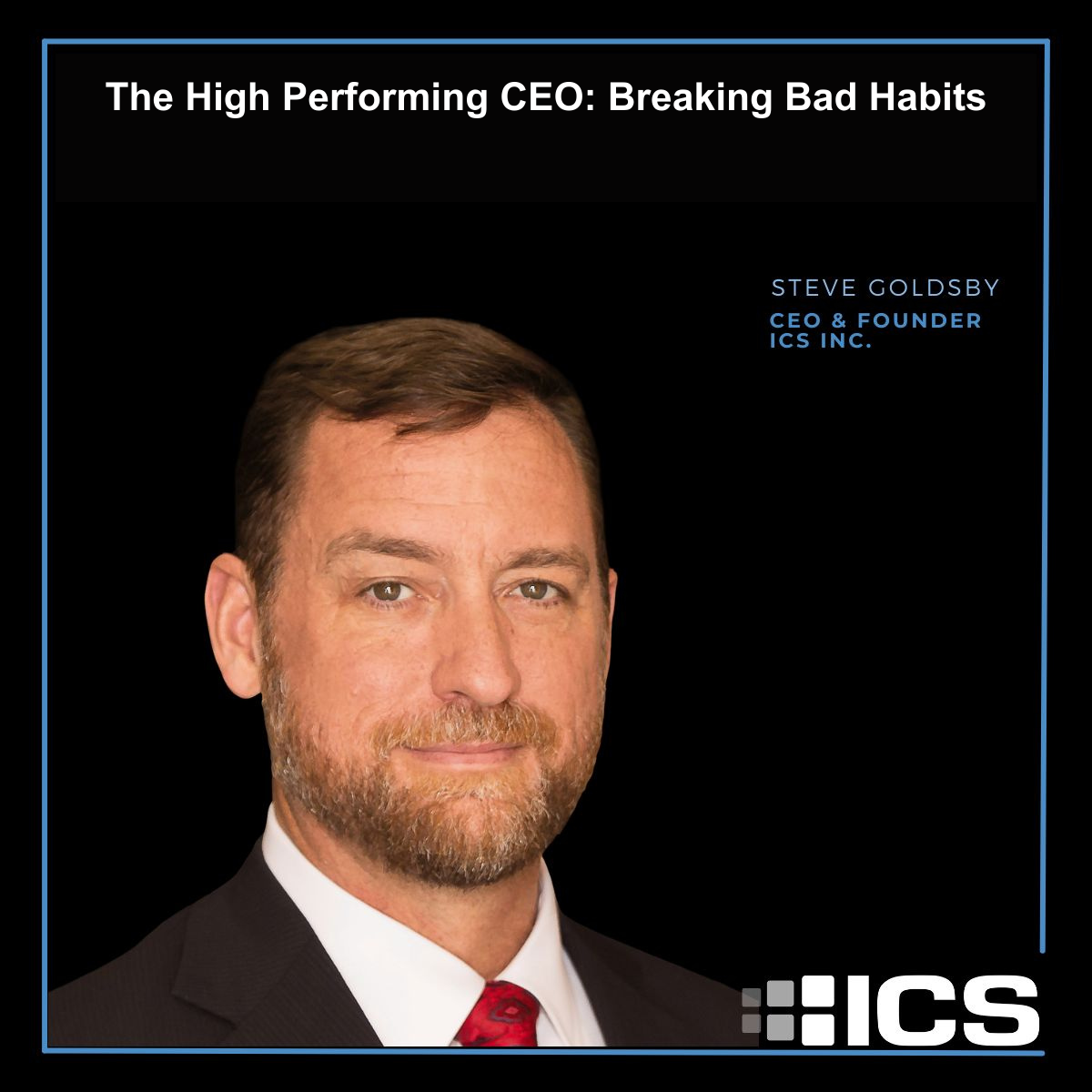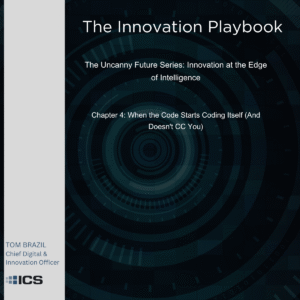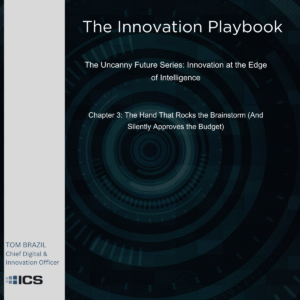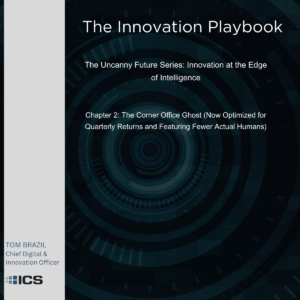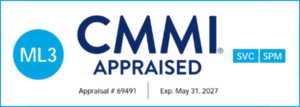As a CEO, mastering oneself is as crucial as mastering the operations of an organization. I recently watched a compelling TED Talk by Dr. Judson Brewer titled “A Simple Way to Break a Bad Habit,” which resonated deeply with my journey towards breaking bad habits such as micromanagement, poor communication, procrastination, failure to delegate, resisting change, or listening to respond rather than to understand. These changes have not only improved my personal effectiveness but have significantly enhanced my leadership.
Dr. Brewer explores why it’s so challenging to pay attention and maintain good habits, especially when stress is at play. His insights into the brain’s reward-based learning system show us that our habits are not merely actions but cycles of triggers, behaviors, and rewards. This understanding is vital for CEOs, who must navigate complex decisions and high-stress environments daily.
In his talk, Dr. Brewer proposes a mindful approach to breaking bad habits — not by sheer willpower or force, but through curiosity about our own behaviors. In my experience, this approach has been transformative. By becoming genuinely curious about why I procrastinated or failed to delegate a task, I began to see these habits for what they were: responses to discomfort or stress. Understanding that my habit of ‘listening to respond’ was about asserting control rather than engaging meaningfully, I’ve learned to listen more actively, improving my interactions and leadership.
Implementing mindfulness in the context of leadership means acknowledging the triggers that lead to less effective habits. It involves a shift from knowing something intellectually, such as the drawbacks of poor time management, to understanding it viscerally and adjusting behaviors in real-time. Dr. Brewer’s research showed that mindfulness training was twice as effective as standard therapies in helping people quit smoking, underscoring the power of this approach.
For fellow CEOs aiming to enhance their leadership through personal mastery, I recommend embracing this mindfulness strategy. Start by identifying a habit you wish to change, observe what triggers this behavior, and instead of reacting automatically, get curious. Ask yourself, what is really happening? What does this feel like? This curiosity can diminish the habit’s hold over you, leading to profound changes in both personal well-being and professional effectiveness.
In essence, leadership extends beyond strategies and skills to how we manage ourselves. Our brains are wired to follow patterns, but by fostering awareness and curiosity about these patterns, we can step out of old habits and develop new, more constructive ones. As I continue to apply these principles, the benefits to my leadership and my company’s culture are clear: we become more adaptive, mindful, and ultimately, more successful.
It’s not about fighting yourself; it’s about understanding yourself. This is the foundation of true leadership.
How do you go about modifying bad habits that are making you less effective as a leader?


